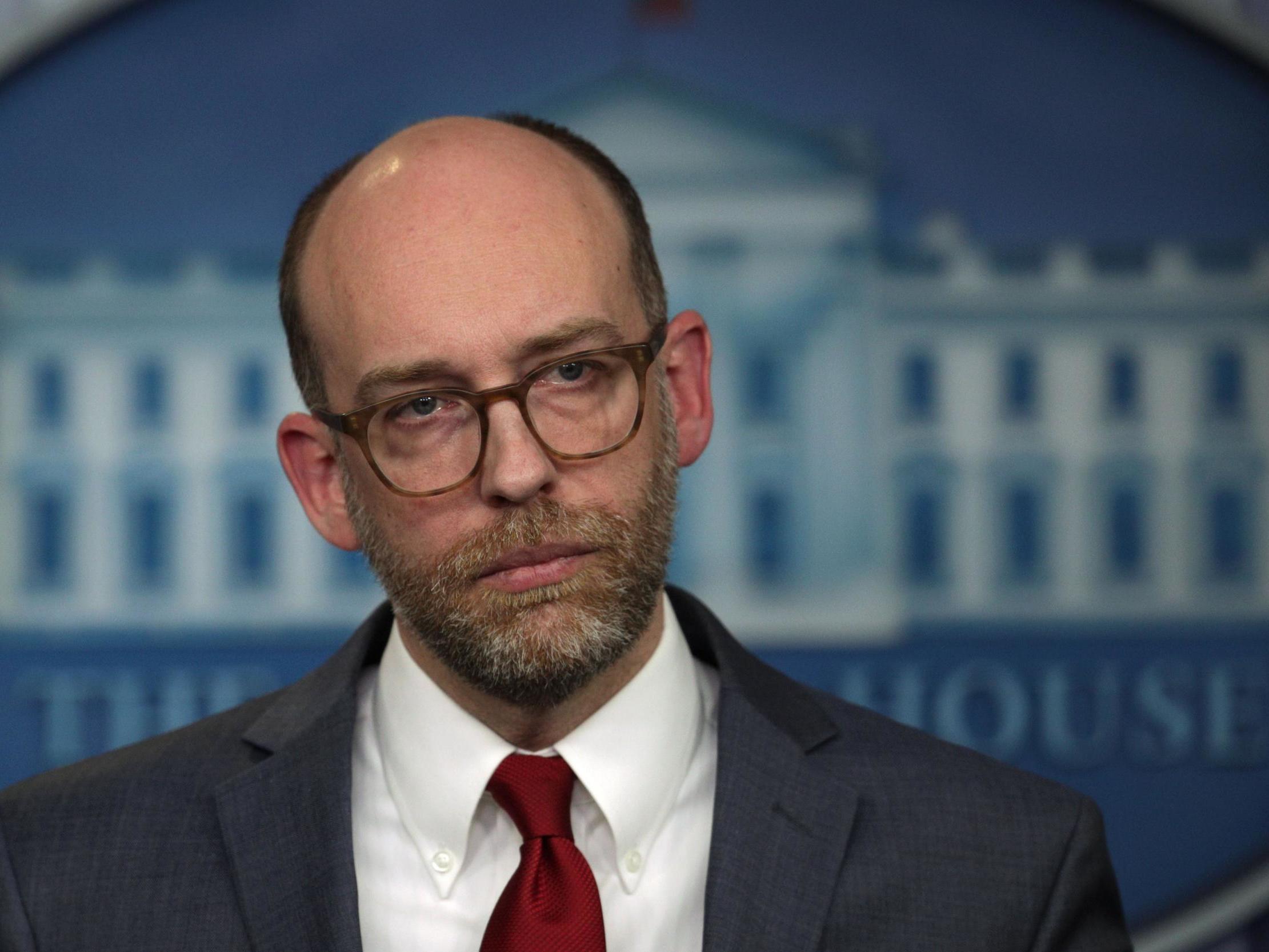Trump administration could cut federal aid for millions by recalculating poverty threshold
‘This policy would, over time, cut or take away entirely food assistance, health and other forms of basic assistance from millions of people’

The Trump administration is proposing regulatory changes that could result in cuts in federal aid to millions of low-income Americans.
The proposal by the Office of Management and Budget on Monday would change how inflation is used to calculate the official definition of poverty employed by the US Census Bureau to estimate the size of the population in the country that is poor.
The measure is also often applied to determine eligibility for government benefits.
Lowering estimates of the inflation rate could mean that the poverty level would rise at a slower rate, resulting in fewer families and individuals able to qualify for food assistance like the Supplemental Nutrition Assistance Program, health assistance like Medicaid and other government programmes.
Critics seized on the proposal as the administration’s latest broadside against those struggling hardest to make ends meet.
Over the past two years, the Trump administration has also sought to cut housing subsidies and tried to expand the work requirements needed to qualify for food stamps.
“This policy would, over time, cut or take away entirely food assistance, health and other forms of basic assistance from millions of people who struggle to put food on the table, keep a roof over their heads and see a doctor when they need to,” said Sharon Parrott, a senior fellow at the Centre on Budget and Policy Priorities.
She also noted that the reductions stood in contrast to the administration’s 2017 tax law, which gave new benefits to high-income households.
The official poverty measure compares cash income, before taxes, against a threshold that is set at three times the cost of a minimum food diet in 1963.
In 2016, the official poverty measure was 12.7 per cent, which meant that 40.6 million Americans were considered to be living in poverty.
In 2019, a family of four with an income of $25,750 (£19,800) or less was considered poor, and therefore eligible for some federal programmes, according to federal poverty guidelines.
But Ms Parrott said the poverty line fails to take into account costs like child care and rising rents.
“Simply switching to a lower inflation measure would likely make the poverty line less realistic over time, rather than more accurate, in measuring what families need to get by,” she said.
Programmes that use the poverty measure to determine eligibility also include Head Start, the national school lunch program, the Children’s Health Insurance Program and the Low-Income Home Energy Assistance Program, according to the Department of Health and Human Services.
A senior administration official said preventing low-income families from gaining access to government programmes was not the intended goal.
The official, who declined to comment on the record because the proposed change is still in a public comment period, noted that it has been 40 years since the inflation measure was tweaked.
“Our knowledge about inflation has increased substantially since that time, so it is worth re-evaluating,” the official said.
But according to a notice published on the Federal Register, the budget office acknowledged that “changes to the poverty thresholds, including how they are updated for inflation over time, may affect eligibility for programmes that use the poverty guidelines”.
The Office of Management and Budget has been led by Russell Vought since Mick Mulvaney, President Donald Trump’s budget director, moved to the White House in December to serve as the president’s acting chief of staff.
Mr Vought is known as a conservative and a proponent of shrinking the federal government and social programmes.
The budget office, for instance, pushed for cuts to the Special Olympics, before Trump said the funding would continue.
The New York Times
Join our commenting forum
Join thought-provoking conversations, follow other Independent readers and see their replies
Comments